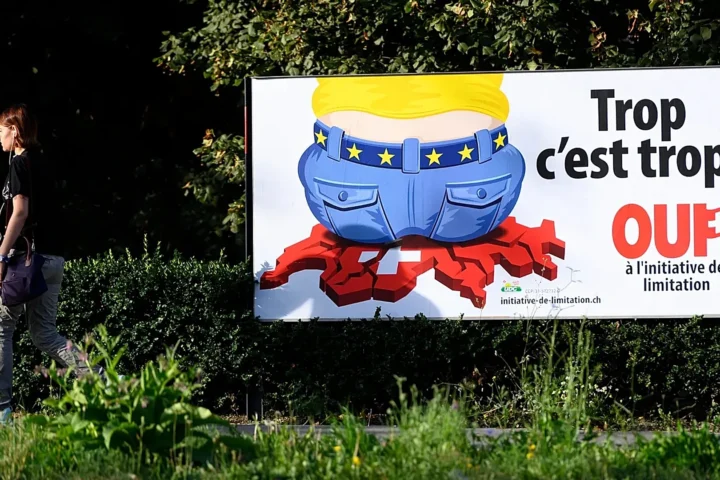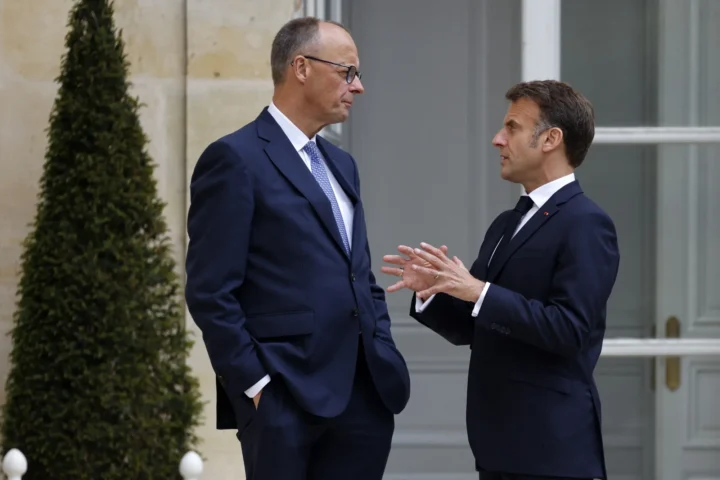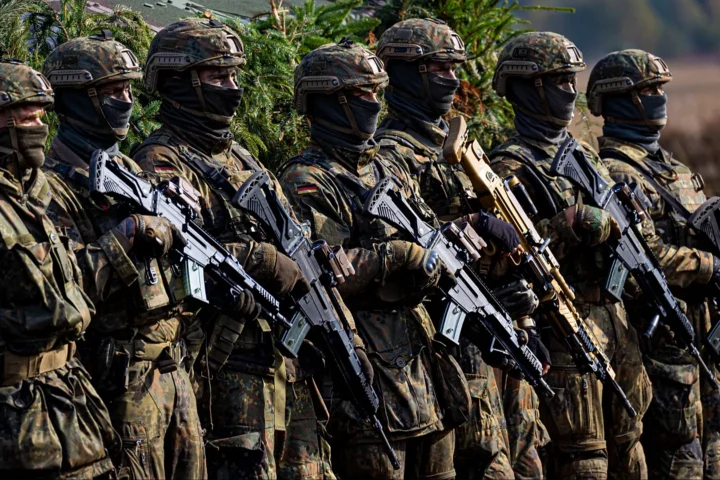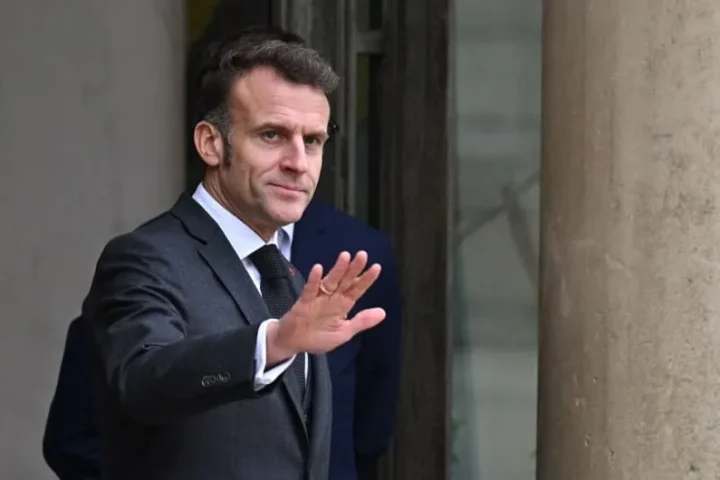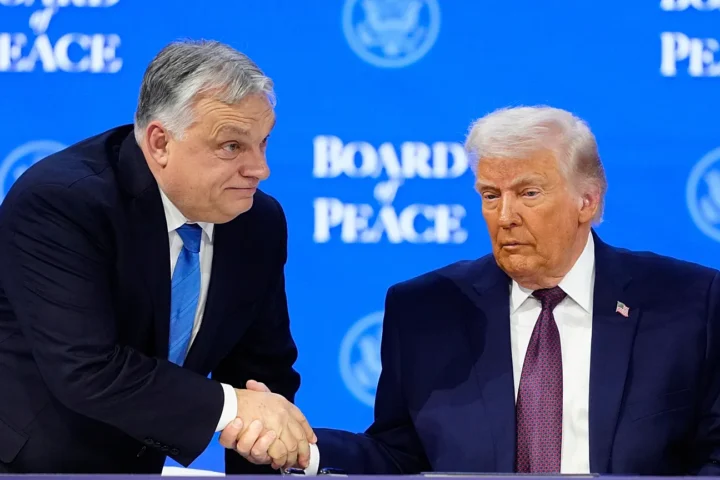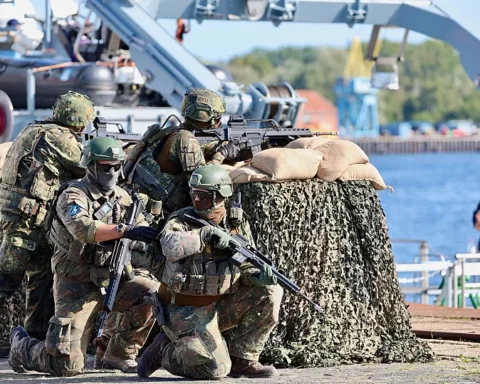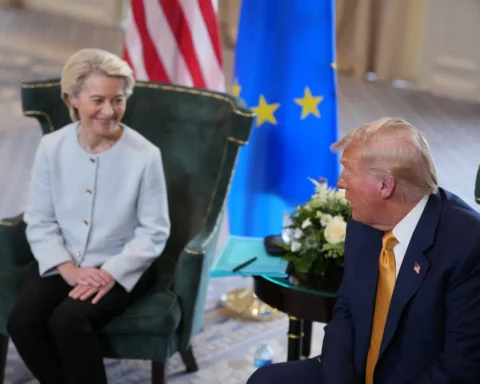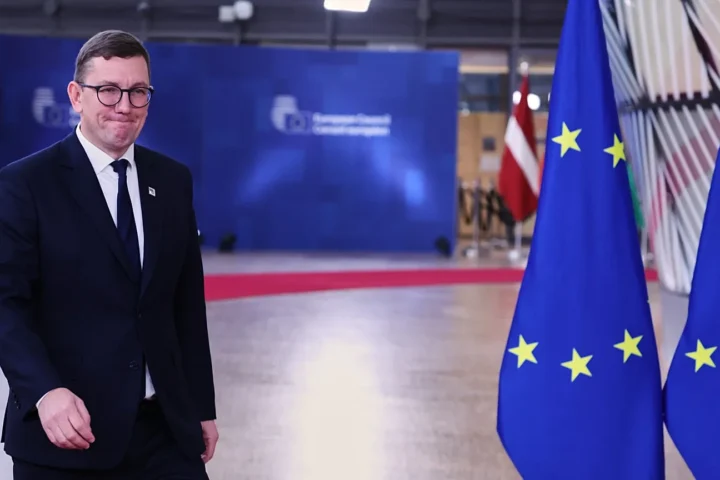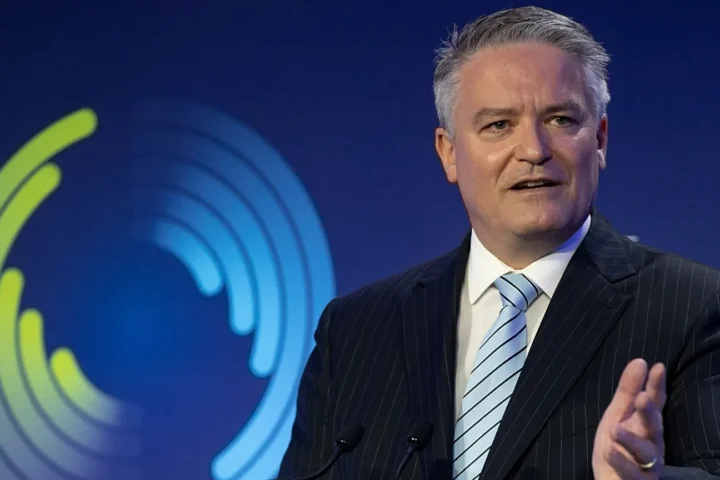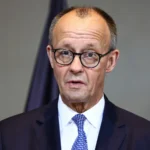A senior German conservative politician allied with Christian Democratic Union (CDU) leader Friedrich Merz has voiced strong opposition to the European Union’s proposed sanctions on Israel, underscoring growing divisions within Europe over how to respond to the Middle East conflict.
The comments, which came as Brussels debates a package of restrictive measures against Israel for its military operations in Gaza and settlement expansions in the West Bank, reflect Germany’s increasingly pivotal role in shaping EU foreign policy toward the region.
Germany’s Stance Under Pressure
Germany has long positioned itself as one of Israel’s closest allies in Europe, with deep historical ties rooted in the aftermath of the Holocaust. Berlin has consistently defended Israel’s right to self-defense, even as other EU nations have pressed for harsher measures in response to civilian casualties and the humanitarian crisis in Gaza.
But the latest push from some EU member states to introduce sanctions—ranging from trade restrictions on settlement products to potential freezes on military-related exports—has exposed cracks within the bloc.
The Merz ally, speaking to German media, argued that sanctions would be counterproductive, damaging Europe’s relationship with Israel while doing little to advance peace.
“Europe cannot isolate Israel at a time when its security is under constant threat,” the politician said. “Sanctions would be a political mistake, sending the wrong message to our ally and weakening Europe’s credibility as a mediator in the region.”
EU Divisions on Israel Policy
The EU has long struggled to present a unified front on Israel-Palestine policy. While countries such as Ireland, Spain, and Belgium have often taken a harder line against Israeli settlement activity, Germany, Austria, and Hungary tend to emphasize Israel’s security needs.
This division has repeatedly stalled efforts at consensus, with sanctions requiring unanimity among the 27 member states. Analysts suggest the latest German pushback makes it unlikely that sweeping sanctions will be approved in the near term.
Merz’s Influence
Although Friedrich Merz is not currently in government, his CDU party remains the largest opposition force in Germany and a powerful voice in shaping policy debates. His allies’ strong stance reflects the party’s broader commitment to supporting Israel and resisting measures seen as punitive.
If Merz eventually succeeds in his ambitions to return the CDU to power, Germany’s pro-Israel position within the EU could harden even further, complicating Brussels’ ability to act.
Balancing Act
German leaders face a delicate balancing act: honoring the country’s historic responsibility toward Israel while responding to international calls for accountability over civilian casualties in Gaza. Chancellor Olaf Scholz’s government has tried to thread this needle, backing humanitarian aid and cease-fire initiatives without endorsing sanctions.
The CDU’s opposition underscores how fraught this balancing act remains. Critics of sanctions argue they would embolden anti-Israel sentiment in Europe and risk pushing Israel closer to non-Western powers such as China and Russia. Proponents, however, say sanctions are a necessary tool to pressure Israel to comply with international law and pursue a negotiated settlement.
Looking Ahead
As the conflict in Gaza continues and international calls for accountability grow louder, the EU faces an uphill battle in forging a common stance. Germany’s influence means any sanctions effort without Berlin’s backing is unlikely to succeed.
For now, Europe remains divided: some see sanctions as a moral imperative, while others, like Merz’s allies, see them as a dangerous step that could undermine both Israel’s security and the EU’s diplomatic leverage.
What is clear is that Germany’s voice—whether under Scholz’s government or Merz’s opposition leadership—will remain decisive in determining whether the EU can translate its rhetoric into action on one of the world’s most contentious conflicts.


